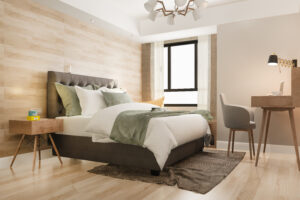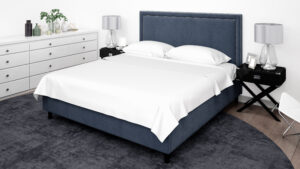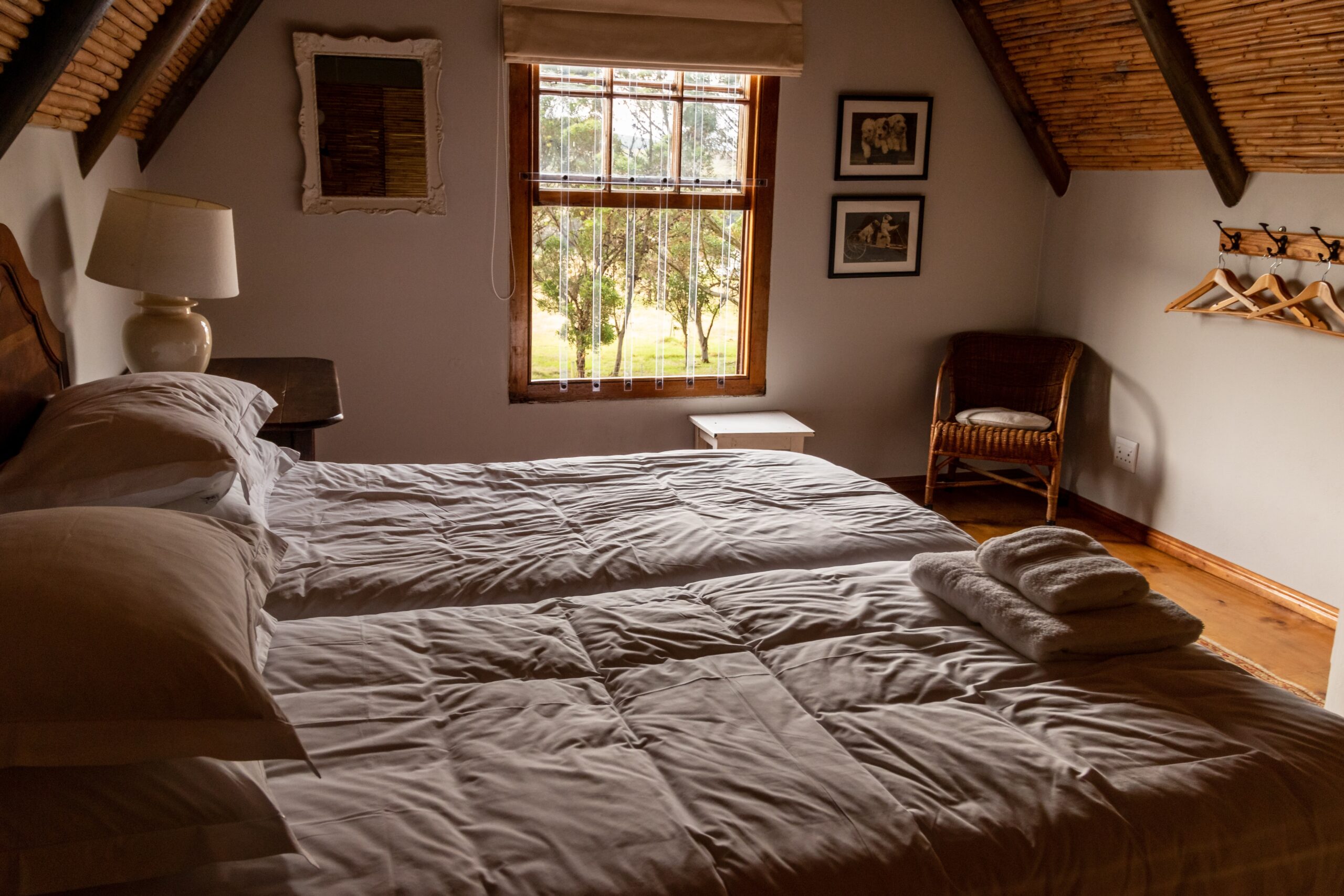When it comes to choosing the perfect furniture for your living space, few decisions are as important as picking between a traditional bed and a contemporary futon. Each option offers its own set of advantages and drawbacks, catering to different preferences and needs. In this article, we’ll dive into the world of beds and futons, comparing their features, benefits, and potential drawbacks to help you make an informed decision that aligns with your lifestyle and space requirements.
Understanding Beds and Futons: A Quick Overview
Before we delve into the intricacies of the bed vs futon debate, let’s establish a basic understanding of each option.
Beds

Beds have been a staple in households for centuries, providing a comfortable and dedicated space for sleeping and relaxation. They come in various sizes, including twin, full, queen, and king, catering to different room sizes and sleeping preferences. Beds are known for their stability and support, offering a wide range of mattress choices to suit individual comfort needs.
Futons
Futons, on the other hand, have gained popularity for their versatility. Originating from Japanese culture, futons are essentially multi-functional pieces of furniture that can transform from a sofa-like seating arrangement into a bed. They are often favored in smaller living spaces due to their space-saving design and dual-purpose nature.
Comparing Comfort and Convenience
Beds: The Ultimate Comfort Zone
When it comes to a good night’s sleep, traditional beds take the lead. The variety of mattresses available for beds allows you to find the perfect level of support for your body, whether you prefer a plush feel or a firmer surface. Additionally, beds offer a dedicated sleep space, ensuring that your slumber is uninterrupted and comfortable.

Futons: Adaptable and Practical
Futons shine in their adaptability. They are an excellent choice for studio apartments, guest rooms, or spaces that serve both as living and sleeping areas. Futon mattresses have come a long way in terms of comfort, with many options rivaling traditional bed mattresses. While they may not provide the same level of support as high-end beds, they offer a convenient solution for those who prioritize space optimization.
Aesthetics and Style
Beds: Elegance and Variety

Beds often serve as the centerpiece of a bedroom, adding to the overall aesthetics of the space. With a wide range of bed frames available, you can choose a design that matches your interior decor. Whether you prefer a classic wooden frame or a modern upholstered headboard, beds offer a plethora of style options.
Futons: Modern and Minimalistic
Futons are designed with simplicity in mind. Their clean lines and compact form make them suitable for contemporary and minimalist interiors. Many futon designs feature metal or wooden frames that can be seamlessly integrated into various design themes.
Space Utilization and Flexibility
Beds: Fixed and Focused

Beds, while undoubtedly comfortable, are fixed furniture pieces that take up a significant amount of space. This can be a limitation for smaller living areas or those aiming for a more open layout. However, beds offer under-bed storage solutions, helping you make the most of the space beneath.
Futons: Maximizing Limited Space
Futons excel in space utilization. Their ability to convert from a sofa to a bed means you don’t need separate pieces of furniture for sitting and sleeping. This is particularly advantageous in tight spaces, allowing you to create a living area during the day and a cozy bed at night.
Factors Influencing Your Decision
When deciding between a bed and a futon, consider the following factors:
- Space Availability: Assess the dimensions of your living space and determine which option best fits your layout.
- Comfort Priority: If a restful sleep is your top priority, a traditional bed might be the better choice.
- Multi-functionality: If you require a piece of furniture that serves multiple purposes, a futon could be the solution.
- Aesthetic Preference: Consider your interior design style and choose a furniture piece that complements it.
Conclusion: Crafting Your Perfect Space
In the bed vs futon debate, there is no one-size-fits-all answer. The choice ultimately depends on your individual needs and preferences. Traditional beds offer unparalleled comfort and sleep quality, while futons excel in versatility and space-saving attributes. By carefully weighing the pros and cons of each option, you can make an informed decision that transforms your living space into a haven of comfort and style.
As you embark on your furniture selection journey, remember the wise words of interior designer Jane Gainsborough: “The right choice of furniture can transform a house into a home, making every moment enjoyable.” So, whether you choose the classic charm of a bed or the adaptability of a futon, your decision will shape the ambiance and functionality of your living space for years to come.
Made your decision? Ready to make on order. Visit beddingsuperstore.






One thought on “Bed vs Futon: Pros and Cons You Need to Know”